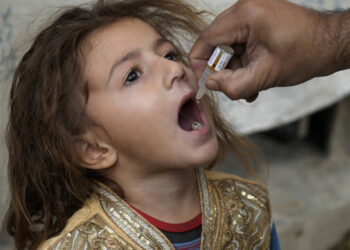![]() Follow Us on Google News
Follow Us on Google News
Several cases of the “sloth virus” have been reported across Europe recently, raising concerns about its impact on public health. Originally identified in South America in 1955, this illness was detected in Europe for the first time in June of this year.
Between June and July, 19 cases of Oropouche virus disease were reported in Europe, primarily among travelers returning from Cuba or Brazil, according to the European Centre for Disease Prevention and Control (ECDC). The virus is transmitted to humans by biting midges, a type of small fly, and mosquitoes.
What is Oropouche virus disease?
The Oropouche virus, officially recognized as a growing public health concern, was detected in 19 travelers, mostly from Cuba, in June and July 2024. Experts warn that there is currently no vaccine for the virus, which belongs to the same family as the potentially deadly Zika and Dengue viruses. Although the risk has been classified as moderate, the virus remains a concern due to its potential harmful effects on unborn fetuses. Symptoms of the virus typically resolve within a few weeks.
The nickname “sloth virus” comes from the pale-throated sloth, which, along with non-human primates and birds, is known to host the virus. The disease is transmitted when midges bite an infected animal and then a human.
Fortunately, the specific midge species that carries the virus, Culicoides paraensis, is not found in the UK or Europe, so warnings are primarily directed at travelers and holidaymakers.
How to protect yourself:
There are currently no vaccines or treatments available for Oropouche virus disease, so the best protection is to avoid being bitten by midges and mosquitoes. The CDC recommends using insect repellent, ensuring that windows and doors are properly screened, and using a fan outdoors to help keep biting midges away. It is also advisable to wear long-sleeved shirts and long trousers to minimize exposed skin.
































